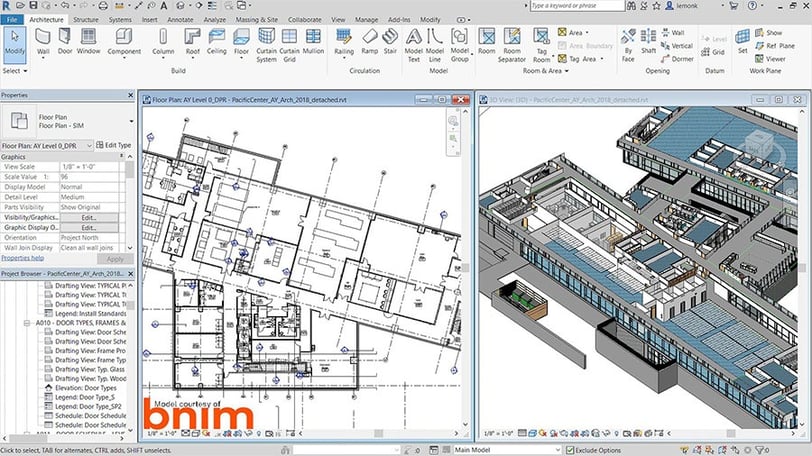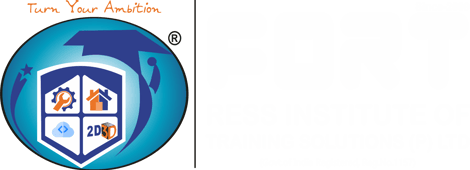The Revit Architecture Course in Coimbatore offers a unique opportunity to shape your career.
Revit Architecture Course Details in Coimbatore


Revit Architecture Course Details in Coimbatore
The Revit Architecture civil course in Coimbatore teaches Building Information Modeling (BIM) using Autodesk Revit software. Participants learn to create 3D architectural models, manage construction documentation, and analyze design concepts. The course covers topics like building components, drafting tools, annotation, and collaboration techniques. Advanced topics include structural detailing, site modeling, and project coordination. The course is flexible and lasts several weeks to months, allowing both professionals and students to gain proficiency in Revit for architectural design and documentation.
The Revit Architecture Course in Coimbatore focuses on Building Information Modeling (BIM) principles, workflow, 3D architectural modeling, Revit tools, construction documentation, building components, annotation, collaboration, design analysis, site modeling, structural detailing, and project coordination. The course requires basic computer literacy, fundamental knowledge of architectural or civil engineering principles, design software proficiency, access to Autodesk Revit software, eagerness to learn, and strong communication skills. Prerequisites for advanced courses may include completion of introductory Revit or CAD courses. The course also requires strong communication skills, willingness to attend classes regularly, either in-person or online, and a willingness to participate in hands-on exercises and real-world projects.
Introduction to Revit Architecture Course in Coimbatore
Revit Architecture is a robust Autodesk-developed Building Information Modeling (BIM) software used in architecture, engineering, and construction for designing, documenting, and visualizing building projects. It enables users to create 3D models with parametrically defined elements like walls, doors, windows, and roofs, facilitating efficient coordination and accurate representation throughout the project lifecycle.
Syllabus
Module 1:
BIM overview
Revit interface
Project templates and units setup
Module 2:
Creating basic building elements
Editing and modifying elements
Introduction to parametric modeling
Module 3:
Views: plans, elevations, sections
View templates and visibility graphics
Schedules creation and customization
Module 4:
Families and components
Pre-made and custom families
Utilizing Revit libraries
Module 5:
Collaboration tools
Interoperability with other software
BIM coordination and clash detection
Module 6:
Advanced modeling: roofs, stairs, curtain walls
Advanced parametric features
Introduction to conceptual design
Module 7:
Annotation tools: text, dimensions, tags
Detailing and documentation
Sheet creation and layout setup
Module 8:
Project presentation and rendering
Exporting and sharing models
Final project review
Assessment:
Weekly assignments
Midterm project: Small building design
Final project: Detailed architectural model and presentation
Hours
Open Hours: Mon – Sun: 9:00 am – 9:00 pm,
All working days.
Online and Offline
Classes are Available.
Contacts
+91 9566 860890
+91 9566 608904
fortedu11@gmail.com


